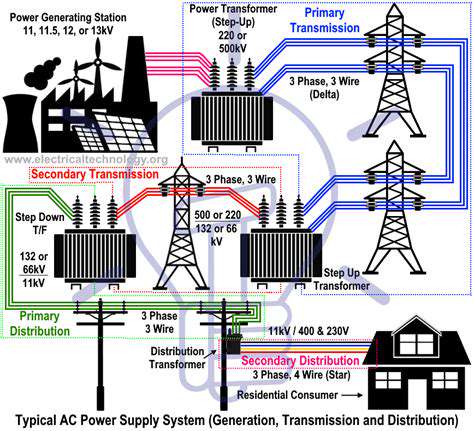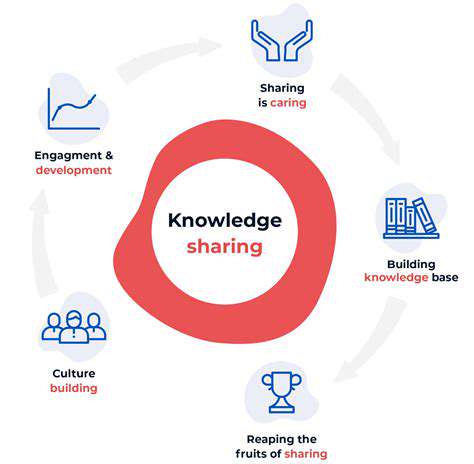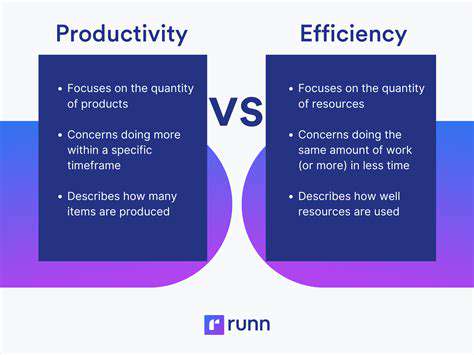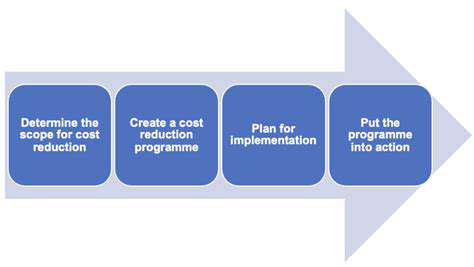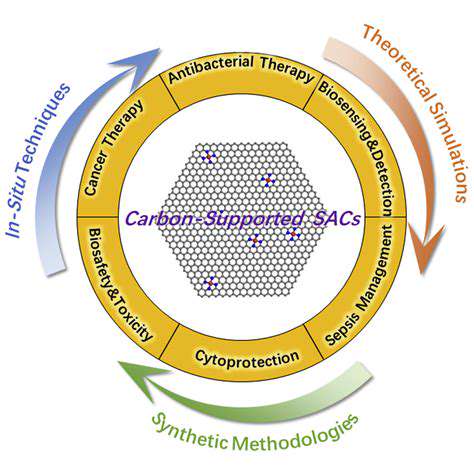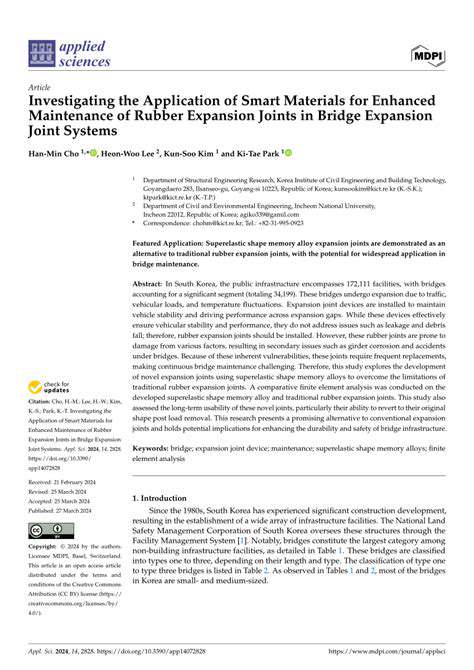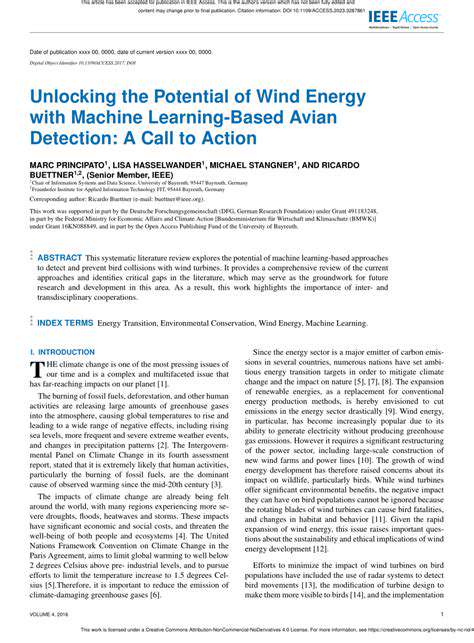Decentralization of Energy Generation: A Global Movement
Harnessing Distributed Energy Resources
Decentralized energy systems, powered by renewables, offer a paradigm shift from traditional, centralized grids. This shift moves energy production closer to consumption points, reducing transmission losses and enhancing resilience. By incorporating microgrids and individual renewable energy installations like rooftop solar panels and community wind turbines, decentralized systems foster greater local control over energy resources. This localized control empowers communities to become active participants in their energy future, potentially reducing reliance on centralized power plants and increasing energy independence.
Imagine a neighborhood where homes and businesses generate their own clean energy, storing it locally, and sharing excess power with the grid. This interconnected system, driven by innovative energy storage solutions and smart grid technologies, can create a robust and sustainable energy infrastructure. The decentralization of energy production fosters a more agile and adaptable energy landscape, enabling faster responses to fluctuations in demand and grid outages.
Overcoming Challenges and Fostering Innovation
While the potential of decentralized renewable energy systems is immense, several challenges need to be addressed. Intermittency, meaning the fluctuating nature of renewable energy sources like solar and wind, requires advanced energy storage solutions to ensure consistent power supply. Furthermore, the integration of diverse technologies and stakeholders across the decentralized system requires robust communication and coordination protocols. These challenges necessitate further research and development in areas like battery technology, smart grid management, and energy storage optimization.
Despite these challenges, the decentralized energy landscape is ripe with innovation. New business models, such as peer-to-peer energy trading platforms, are emerging, allowing individuals and communities to directly exchange energy. This fosters a more dynamic and participatory energy market, promoting greater energy efficiency and cost savings. Government policies and incentives are crucial in supporting the growth of these innovative solutions and encouraging widespread adoption of decentralized renewable energy systems.
The evolution of smart grids and advanced control systems is crucial to manage the complexity of decentralized energy systems. These advancements enable real-time monitoring and control of energy flows, optimizing energy production and consumption, and ensuring grid stability. Successfully navigating these challenges will pave the way for a more sustainable, resilient, and equitable energy future.
A crucial aspect of overcoming these hurdles is fostering collaboration between various stakeholders, including policymakers, technology developers, energy providers, and consumers. This collaborative approach is essential for developing effective solutions, facilitating knowledge sharing, and driving innovation in this rapidly evolving sector.
The future of energy lies in the decentralization of power generation, driven by renewable energy sources. By addressing the technical and societal challenges, we can unlock the full potential of this paradigm shift and build a more sustainable and equitable energy future.
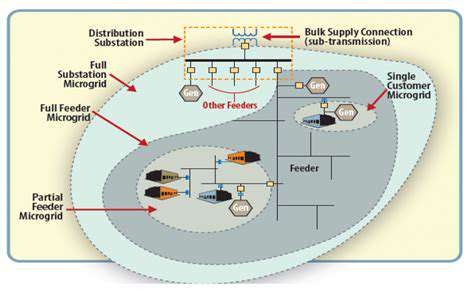
Economic Opportunities and Community Empowerment

Exploring Economic Opportunities
Economic opportunities are crucial for community development, enabling residents to improve their livelihoods and contribute to the overall prosperity of the area. Identifying and fostering these opportunities is paramount for sustainable growth and reduced poverty rates. This involves understanding the local market, considering available resources, and recognizing the skills and talents within the community. Such analysis allows for the creation of targeted programs and initiatives that address specific needs and encourage entrepreneurship.
Understanding the current economic climate and potential future trends is essential for effective planning. Factors such as technological advancements, global market forces, and local industry demands will shape the types of businesses and jobs available in the years ahead. By staying informed about these trends, communities can proactively develop strategies to capitalize on emerging opportunities and ensure long-term economic viability.
Harnessing Local Resources
Effective community development often hinges on leveraging existing local resources. This could include natural resources, historical landmarks, or skilled labor pools. Capitalizing on these assets can foster unique economic ventures and attract investment. For example, a community with abundant natural beauty might develop tourism-based businesses or create eco-friendly industries.
Furthermore, strong local partnerships are vital. Collaborations between businesses, educational institutions, and community organizations can create a synergistic environment for economic growth. Shared resources and expertise can propel initiatives forward and enhance the impact of individual efforts.
Cultivating Entrepreneurial Spirit
Encouraging entrepreneurship is vital for creating new jobs and fostering innovation. Providing resources and support for aspiring entrepreneurs, such as access to capital, mentorship programs, and business training, can significantly contribute to economic growth. This nurturing environment allows individuals to pursue their entrepreneurial dreams and contribute to the local economy.
Addressing Skill Gaps and Education
Identifying and addressing skill gaps within the community is essential. This could involve providing vocational training programs, apprenticeships, or partnerships with local businesses to ensure that the workforce has the necessary skills for in-demand jobs. Investing in education and skill development is a crucial aspect of creating a robust and resilient economy.
Promoting Community Engagement
Active community engagement is critical for identifying genuine needs and fostering a sense of ownership. This involves creating platforms for dialogue and collaboration where residents can voice their concerns, contribute ideas, and participate in decision-making processes related to economic development. Strong community engagement fosters a sense of shared responsibility and ensures that initiatives align with the aspirations of the community members.
